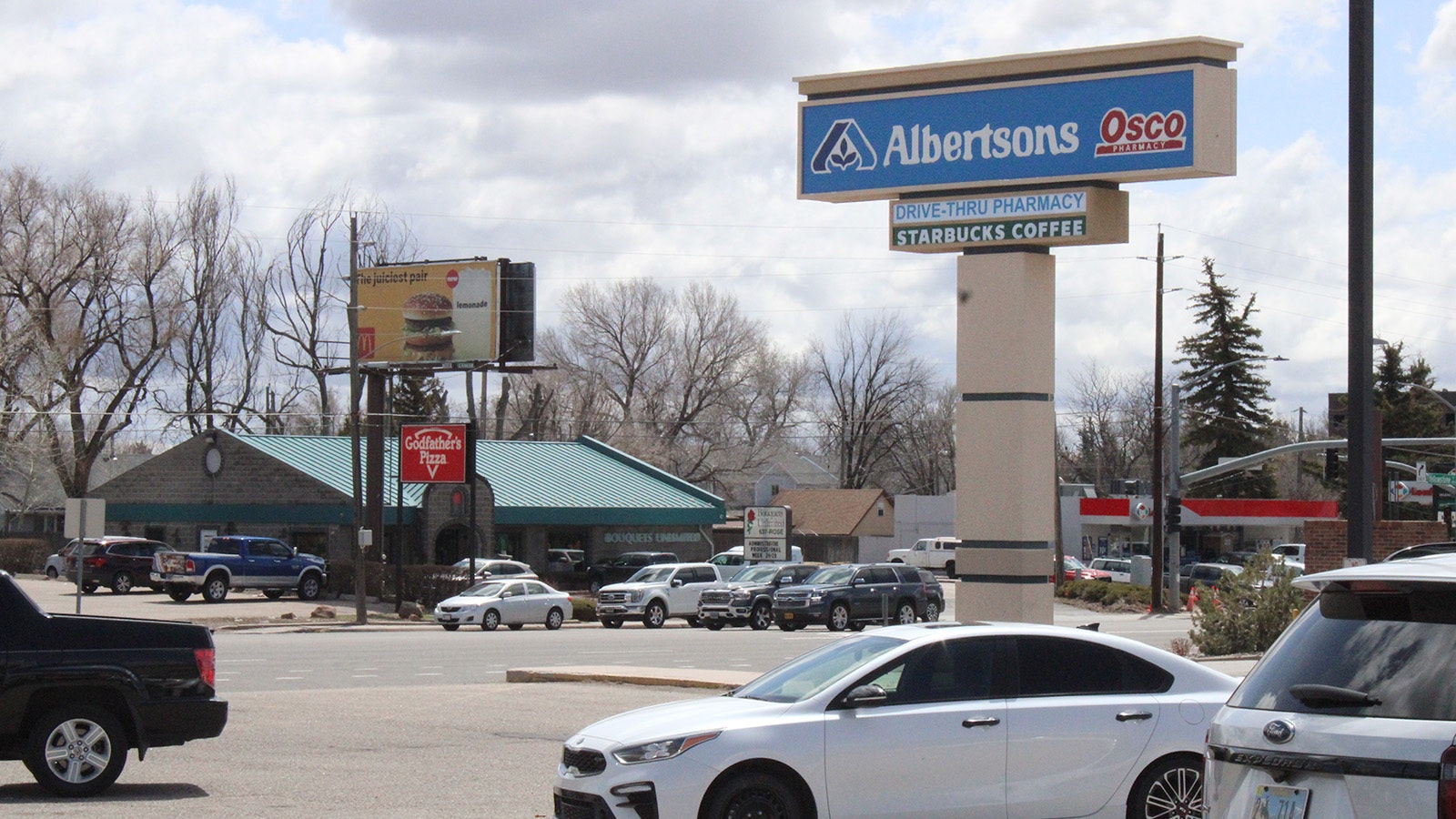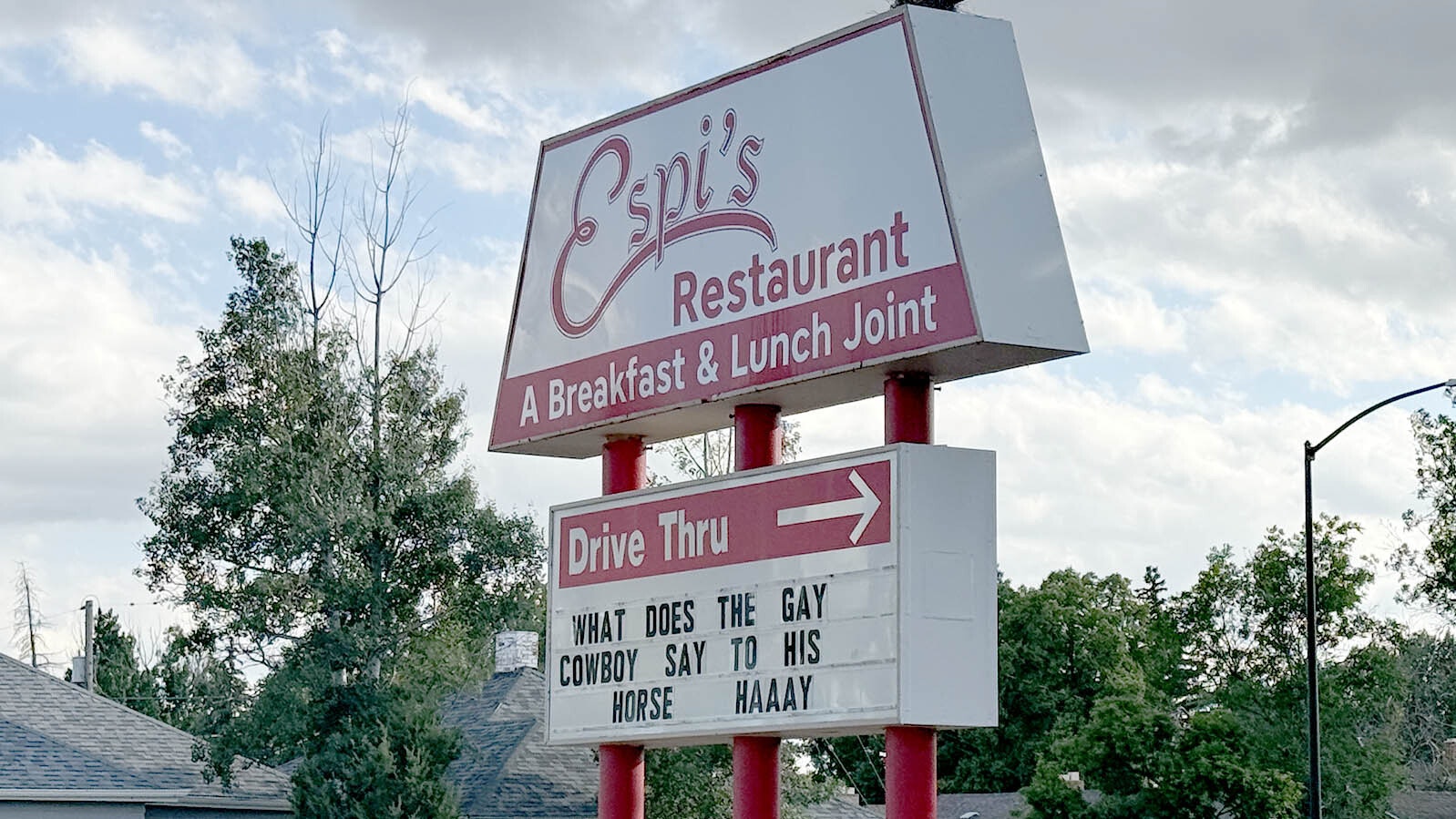Plaintiffs in a California lawsuit that seeks to stop the $25 billion mega-merger of U.S. grocery giants Kroger and Albertsons have offered “no coherent discussion of relevant legal standards,” according to the latest in a flurry of filings in the case brought by customers of the two chains.
The complainants have also “failed to allege a relevant market or anticompetitive effects,” Albertsons and Kroger lawyers contend.
A trio of filings from the defendants again urges the Northern District of California, where the suit was filed, to dismiss the complaint, and to do so with prejudice so that it cannot be revisited.
The shoppers, each of whom hail from various states, have said they want to stop a merger that will lead to fewer grocery stores in community after community across the nation, including their own, which they contend will lead to higher prices and less access to food for everyone everywhere.
Two of the three latest filings are from Albertsons and Kroger, while the third in the trio are from Cerberus, the shareholder singled out by plaintiffs as a “primary beneficiary” of the special $4 billion dividend Albertsons has already paid out to shareholders ahead of the proposed $25 billion merger.
Plaintiffs say Cerberus received a third of the dividend, and they want all of that money returned.
Cerberus counters in its motion that plaintiffs have painted an “an implausible, economically irrational conspiracy,” and have asked for relief that’s never been contemplated by the Clayton Act, which is the antitrust law the consumer lawsuit has relied upon for its claims.
Clayton Act In A Nutshell
Enacted in 1914, the Clayton Act was meant to bring more substance to existing federal laws that outlaw monopolies, cartels and trusts, which are seen as harmful to consumers.
Lack of competition leads to higher — not lower — prices, and the Clayton Act helps spell out that any merger or acquisition that substantially lessens competition is anti-competitive, as is any situation where particular voting securities or asset thresholds are met.
The Clayton Act prohibits any one person from directing two more more competing corporations if a merger of those corporations would violate antitrust criteria.
It also outlaws price discrimination between purchasers if it would substantially lessen competition.
No New Arguments
Cerberus’ filing echoes some of the claims made in Albertsons’ and Kroger’s individual motions, which contend generally that plaintiffs are merely revisiting complaints that have already been “thoroughly rejected” by four other courts in two different lawsuits.
That refers to a lawsuit filed by Washington state’s attorney general, and another filed by the attorneys general of California, Illinois and District of Columbia. Both suits were rejected by lower courts.
The Washington decision was upheld on appeal, while the other was vacated shortly after the judge in the case refused to prohibit Albertsons from paying out the $4 billion dividend.
Cerberus also contended that plaintiffs have alleged only hypothetical harm and must do more than that for the case to survive.
“Their claim that Albertsons might now be undercapitalized or better positioned to assert a defense in a hypothetical merger challenge cannot meet that standard,” Cerberus contended.
Kroger, meanwhile, marveled at plaintiffs’ “steadfast refusal to even acknowledge the applicable legal standards, much less attempt to meet them,” in their filing.
“Plaintiffs do not cite a single case to support their limitless theory of standing, which would transform every supermarket customer in the country to an antitrust enforcer,” Kroger wrote.
Doubling down on the same debunked antitrust theory rejected by other courts will only “waste judicial resources,” Kroger added, and is one reason why the court should dismiss the suit with prejudice.
Au Contraire
But plaintiffs said there is already an adequate record supporting their contention that the Albert-Krogerson merger will harm competition, and courts have already blocked lesser mergers for exceeding much smaller percentages than the Albert Krogerson deal brings together.
One of these, plaintiffs wrote, was Vons grocery’s proposed purchase of Shopping Bag Food Stores, which would have resulted in a store with market share of less than 8.9% in Los Angeles.
“By comparison, in the same area, Albertsons, which previously had bought Vons and Safeway, among others, as of June 2017, controlled over 20.6% of the Southern California market and is the largest supermarket in the Southern California region,” according to the plaintiffs.
Kroger, meanwhile, as the second-largest grocery store in the same area, has a market share of 18.7%.
“It is clear beyond doubt from these market numbers that the defendants have achieved their dominance, both nationally and in local markets, by buying up their competitors, and now, by this mega merger, seeks to create a dominion that bestrides the entire country,” plaintiffs wrote.
Exhibit A showing this is the defendants’ own map of store locations, plaintiffs contend, which combined serve about 85 million households across the United States with 4,996 stores, 3,973 pharmacies, 2015 fuel centers and more than 710,000 associates; approximately 34,000 private label products that have about $43 billion in private brand sales; and $1.5 billion in annual alternative profits, not to mention about $59 billion in fresh sales.
Past Is Prologue
Plaintiffs also suggest that the 2015 merger between Safeway and Albertsons is adequate enough prologue for how the Albert-Krogerson deal is likely to wind up.
“The divestiture formula that they are suggesting was used in the past by the FTC in connection with Albertsons’ purchase of Safeway, the result of which was a complete disaster, which the industry has acknowledged, as many of the divested stores eventually ended in bankruptcy and the so-called new competitor that was created was declared bankrupt,” plaintiffs wrote in their filing. “There is no legitimate reason for these plaintiffs to be forced to wait until some peculiarity or accommodation is struck between the FTC and these defendants. The law itself dictates that these plaintiffs are separate and apart and need not wait until the government acts.”
In fact, lawyers for the customers contend, Congress has done the exact opposite with the Clayton Act.
“Private enforcement of the Clayton Act was in no sense an afterthought,” plaintiffs wrote. “It was an integral part of the congressional plan for protecting competition. That the FTC may proceed simultaneously with Plaintiffs here is no basis to hold the plaintiffs’ claims are not ripe.”
Indeed, the very premise of Section 7 of the Clayton Act is that plaintiffs can stop a problematic merger prior to its consummation.
Defendants’ own maps and figures show that Kroger is the largest supermarket chain in the United States while Albertsons is the second largest, plaintiffs added.
“Defendants have attempted to confuse the demand and supply markets by arguing that a San Diego resident would not travel to Sacramento to buy ice cream at a lower price,” plaintiffs wrote.
But what shoppers do is just one part of the equation.
Competitors could extend their reach to new markets where consumers are being overcharged, if, that is, viable competitors remain in the marketplace.
Renée Jean can be reached at renee@cowboystatedaily.com.





